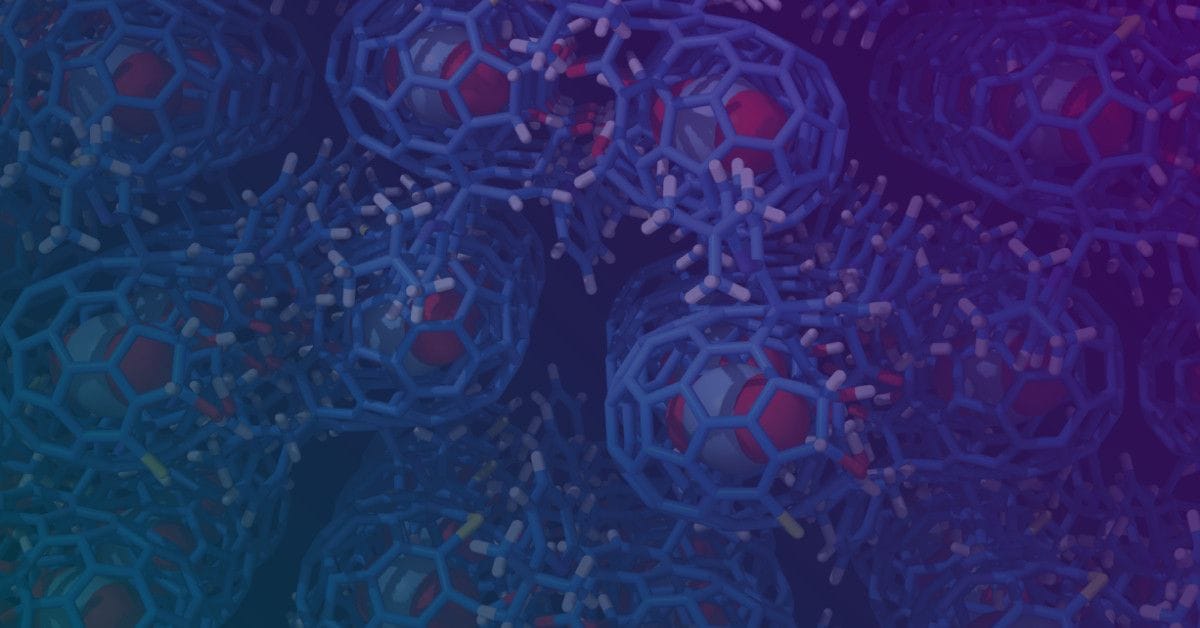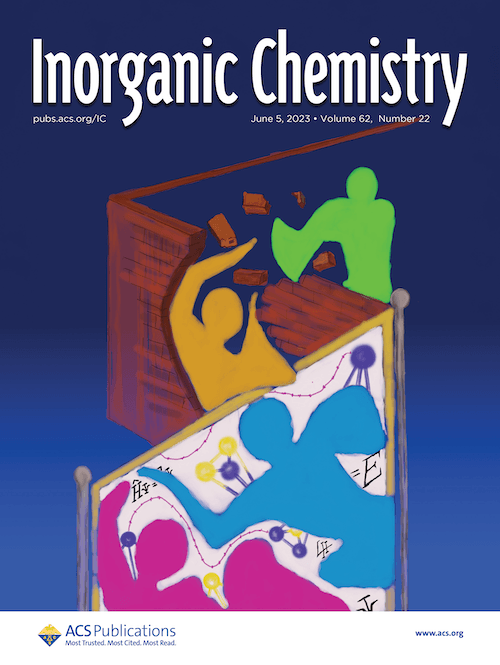This Special Issue aims to highlight the traditional approaches and emerging strategies for experimental syntheses, structure characterization, property optimization and theoretical studies related to various types of quantum materials. Submit your manuscript by November 30, 2025.

Quantum materials—defined by their non-classical behaviors such as entanglement, topological order, and quantum coherence—are revolutionizing the landscape of materials science. While often studied through the lens of physics, the foundational role of inorganic chemistry in enabling and tuning quantum properties is increasingly recognized. Inorganic systems, including transition metal complexes, extended frameworks, and heterometallic clusters, offer unique platforms to explore and control quantum phenomenon through precise structural and electronic design.
This Special Issue of Inorganic Chemistry seeks to showcase the inorganic chemistry community’s contributions to the field of quantum materials. We welcome cutting-edge research that highlights the synthesis, structural characterization, theoretical modeling, and functional evaluation of inorganic compounds exhibiting quantum behavior. Our goal is to foster a dialogue between synthetic chemists, material scientists, and quantum theorists, advancing a deeper understanding of how chemical principles can drive the discovery and development of next-generation quantum materials.
Topics include, but are not limited to:
- Design and synthesis of inorganic compounds with quantum functionalities (e.g., spin liquids, topological insulators, quantum magnets)
- Coordination and organometallic compounds with entangled spin states
- Quantum coherence and spintronic behavior in inorganic frameworks
- Electronic, magnetic and optical properties of low-dimensional or cluster-based materials
- Inorganic-organic hybrid quantum materials
- Role of heavy elements, lanthanides, and actinides in quantum behavior.
- Characterization techniques revealing quantum effects in inorganic systems
Submissions are welcome through November 30, 2025. All articles will be peer reviewed prior to acceptance, to ensure they fit the scope of the special issue and meet the high publishing standards of Inorganic Chemistry.
Organizing Editors
Prof. Susan E. Latturner, Associate Editor, Inorganic Chemistry
Florida State University, United States
Prof. Eugenio Coronado Miralles, Guest Editor
University of Valencia, Spain
Prof. Tyrel McQueen, Guest Editor
Johns Hopkins University, United States
Prof. Michael Shatruk, Guest Editor
Florida State University, United States
Submission Information
We welcome submissions for this Special Issue through November 30, 2025. For more information on submission requirements, please visit the journal’s Author Guidelines page.
Accepted manuscripts for consideration in this Special Issue will include research articles, communication, viewpoints and review. Papers accepted for publication for this Special Issue will be available ASAP (as soon as publishable) online. After all submissions have been published, they will then be compiled online on a dedicated landing page to form the Special Issue. Manuscripts submitted for consideration will undergo the full rigorous peer review process expected from ACS journals.
How to Submit
- Log in to the ACS Publishing Center.
- Select the "Journals" tab.
- Choose Inorganic Chemistry.
- Click "Submit."
- Select your manuscript type, and, under "Special Issue Selection," choose “Quantum Materials from an Inorganic Chemistry Perspective."
If you have any general questions regarding submission to this Special Issue, please contact eic@inorg.acs.org.

